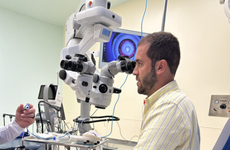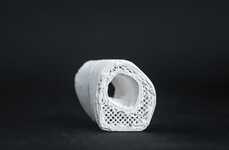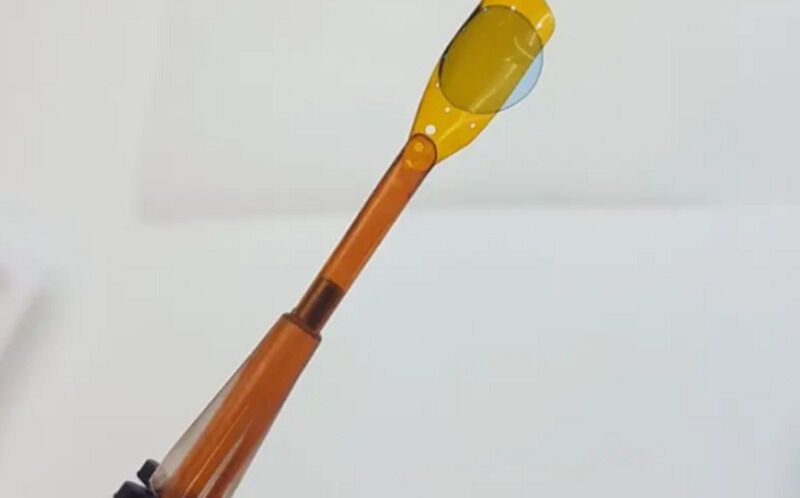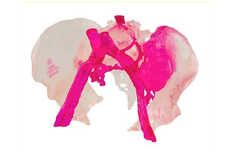
Precise Bio Teamed up with Carl Zeiss Meditec to Address Corneal Needs
Colin Smith — August 5, 2022 — Lifestyle
References: precise-bio & 3dprint
'Precise Bio' announced a new partnership with 'Carl Zeiss Meditec' (Zeiss) whereby the two companies will collaborate on creating bioprinted corneal implants. Zeiss sought to invest in Precise Bio once again, based on the success of the collaboration between the two companies back in 2020 when they created lens implants.
According to Precise Bio's CEO, Aryeh Batt, the corneal implants are intended to "address unmet needs in the field of ophthalmology," showing that the companies are primarily motivated by the needs of patients and consumers around the world.
The details of the partnership include Zeiss investing in purchasing equity in Precise Bio, as well as Zeiss securing the exclusive rights to commercialize the corneal implants in the global market once the product has been approved.
Image Credit: Precise Bio
According to Precise Bio's CEO, Aryeh Batt, the corneal implants are intended to "address unmet needs in the field of ophthalmology," showing that the companies are primarily motivated by the needs of patients and consumers around the world.
The details of the partnership include Zeiss investing in purchasing equity in Precise Bio, as well as Zeiss securing the exclusive rights to commercialize the corneal implants in the global market once the product has been approved.
Image Credit: Precise Bio
Trend Themes
1. Bioprinting - The use of 3D printing technology to create and develop bioprinted corneal implants presents opportunities to improve patient outcomes and revolutionize the field of ophthalmology.
2. Collaborative Partnerships - Collaborative partnerships between bioengineering firms and medical equipment manufacturers have the potential to accelerate the development and distribution of innovative medical devices.
3. Personalized Medicine - Bioprinting allows for the creation of customized corneal implants, enabling healthcare providers to better meet the specific needs of individual patients and potentially improve patient outcomes.
Industry Implications
1. Biotechnology - Developing bioprinted corneal implants requires expertise in bioengineering and biomechanics, making the biotechnology industry well-suited for disruptive innovation opportunities in ophthalmology.
2. Medical Devices - Collaborative partnerships to develop bioprinted medical devices represent a significant opportunity for the medical device industry to expand its offerings and potentially improve patient outcomes.
3. Healthcare - Adoption of bioprinting technology in healthcare has the potential to revolutionize the industry, with personalized medicine and customized implants improving patient outcomes and quality of care.
5
Score
Popularity
Activity
Freshness























